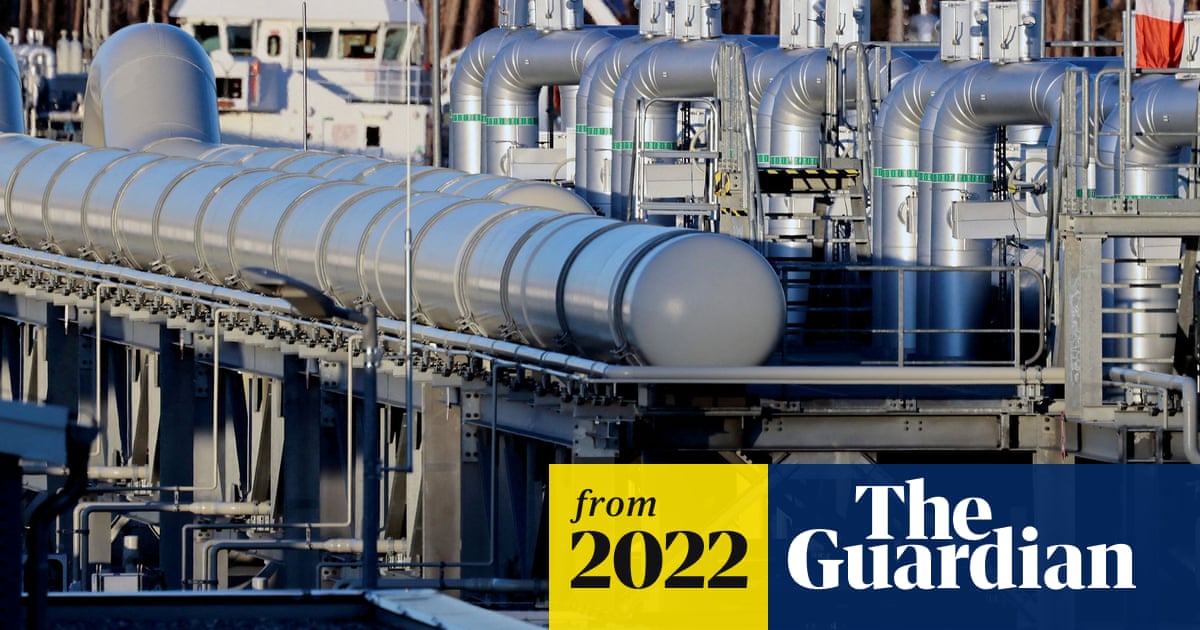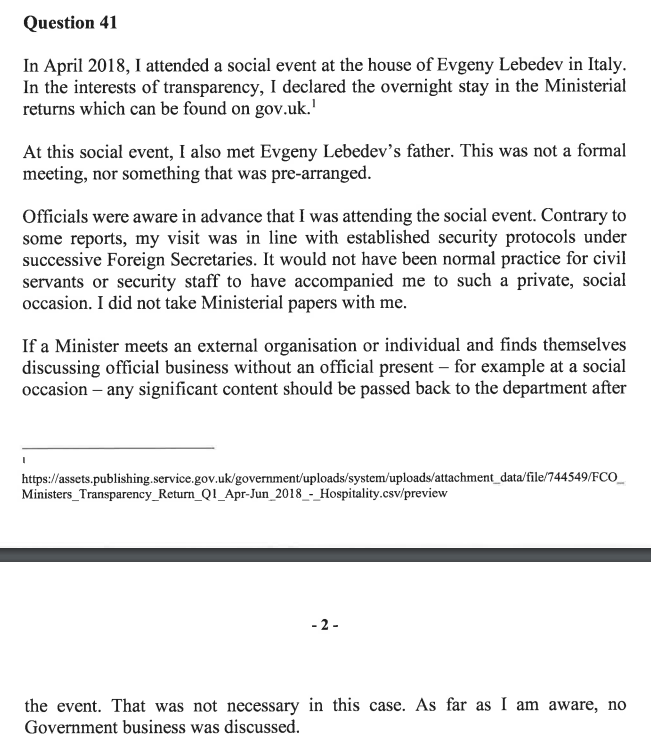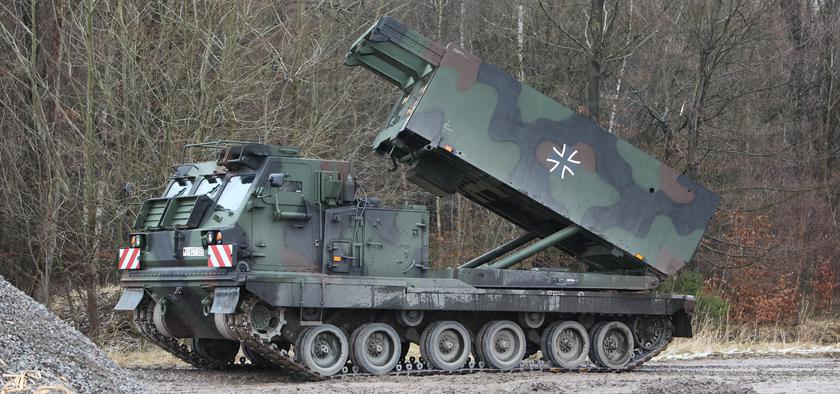I've now looked at the slideset myself. For me the key slide is #40, the forex. This seems to show a reduction from ~$640bn to ~$570bn between Feb-22 and Jul-22, or $70bn reduction in 6-months. Given that $300bn appear to be restricted that suggests it would take a further ~24-months to deplete the remaining ~$240bn of unrestricted reserves to zero if the observed flow were to continue.
If inflows (gas sales, oil sales, coal sales) were to reduce in volume or price, or both, and given that outflows have already crashed, then the forex reserves would likely not last the calculated 24m. Running to zero gets increasingly difficult, especially if institutions like the World Bank and IMF are not being supportive. That is if nothing further goes wrong within the Russian economy.
Putin clearly prepared Russia carefully for this and other similar ventures, amassing these very substantial reserves over many years for exactly an eventuality such as this. Nevertheless one has to wonder if the Russian system can last more than ~12-months on this trajectory.
Despite the very obvious attempts to crack Western resolve, my personal opinion is that the West will hold firm, even if energy rationing is required to get the EU through the coming winter. And by next year the EU will be fairly permanently off Russian energy (never to return), whilst Russian forex reserves will be getting nervously low. Russian reserves of troops, equipment, weapons, and ammunition will be similarly low by then.
Overall the West - and Ukraine - are better placed for a long war than Russia. As to Putin, I think he'll need to make personal security his primary concern.
View attachment 832920

yale.box.com










